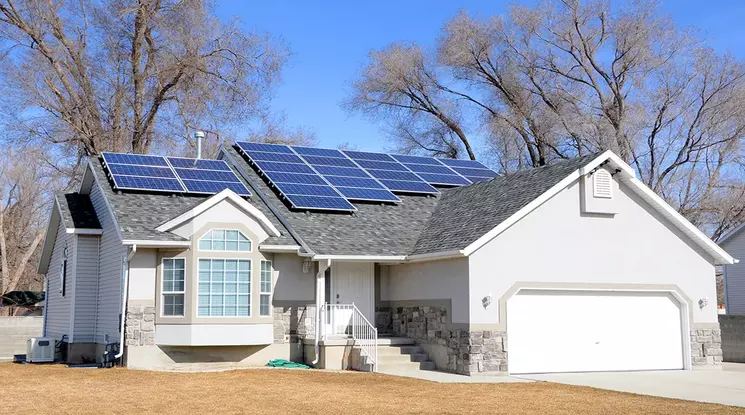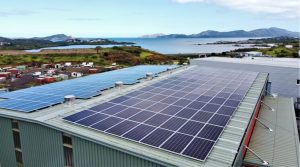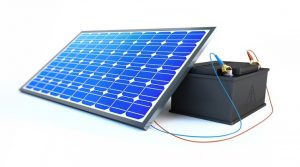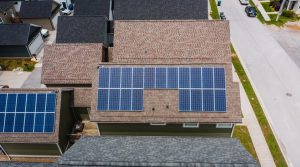In the sustainable living, many homeowners are turning to solar panels as a clean and renewable energy source. However, a common question that often arises is whether solar panels can effectively generate electricity on cloudy days. In this blog post, we’ll discuss into the science behind solar panels and explore how they continue to work their magic even when the sun decides to play hide-and-seek behind the clouds.
Understanding the Basics of Solar Panels:
Before we address the impact of clouds, let’s grasp the fundamental workings of solar panels. Solar panels, typically made of photovoltaic cells, are designed to convert sunlight into electricity. When sunlight hits these cells, it excites electrons, generating an electric current that can be harnessed to power homes and businesses. The efficiency of this process is influenced by various factors, including the intensity and duration of sunlight.
The Role of Sunlight Intensity:
Solar panels operate optimally when exposed to direct sunlight with high intensity. This is why sunny days are often associated with peak solar energy production. However, the presence of clouds doesn’t mean solar panels come to a standstill. Even on overcast days, solar panels can still generate a significant amount of electricity, albeit at a reduced rate.
How Do Solar Panels Perform on Cloudy Days?
Diffuse Sunlight: While clouds block direct sunlight, they don’t eliminate it entirely. On cloudy days, solar panels continue to receive diffuse sunlight, which is sunlight that scatters in the Earth’s atmosphere and reaches the panels indirectly. Though the intensity is lower compared to direct sunlight, it’s enough to keep solar panels operational.
UV and Infrared Rays: Clouds don’t just block visible light; they also filter out some ultraviolet (UV) and infrared rays. Interestingly, solar panels can still capture a portion of these rays, contributing to energy production. This means that even when the sky is overcast, solar panels are at work harnessing available solar radiation.
Cumulative Impact: Solar panels are designed to be efficient over the long term. While individual cloudy days may lead to a temporary dip in energy production, the cumulative impact over the course of a year is often more significant. Modern solar panels are built to withstand varying weather conditions and can still contribute substantially to overall energy savings.
Tips to Maximize Solar Panel Efficiency on Cloudy Days:
Regular Maintenance: Keeping solar panels clean and well-maintained is crucial for optimal performance. Regularly removing dirt, debris, and any accumulated snow can ensure that panels receive as much available sunlight as possible.
Tilted Mounting: Adjusting the angle of solar panels to capture more sunlight during low-light conditions can enhance their efficiency. Tilted mounting systems allow panels to receive sunlight from a wider range of angles, improving energy absorption.
Battery Storage Systems: Installing battery storage systems enables homeowners to store excess energy generated during sunnier periods. This stored energy can then be utilized during cloudy days or nighttime, ensuring a continuous power supply.
Investing in High-Efficiency Panels: Advances in solar technology have led to the development of high-efficiency panels that can generate more electricity with less sunlight. Investing in these panels can enhance energy production, especially in less-than-ideal weather conditions.
Conclusion:
In the world of solar energy, clouds may dim the sunlight, but they don’t extinguish the potential of solar panels companies in Virginia Beach. These innovative systems are resilient, capable of harnessing sunlight in various conditions. Homeowners can rest assured that their investment in solar panels continues to pay off, even when the sky is overcast. So, whether it’s a sunny day or a cloudy one, the journey towards sustainable living remains bright with solar panels leading the way.




